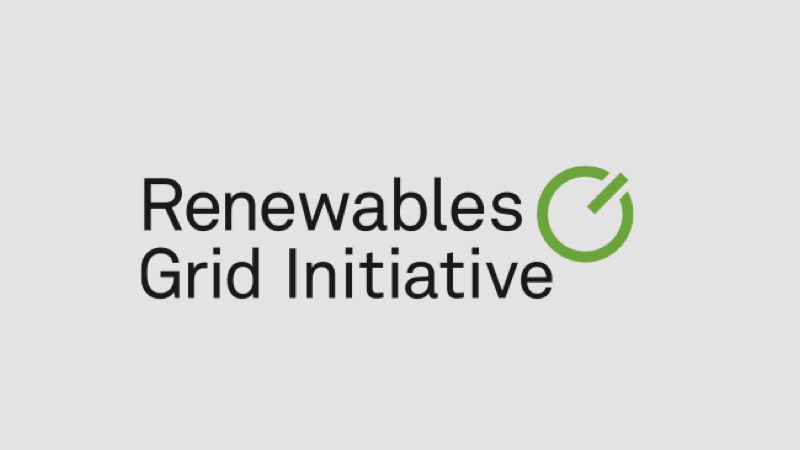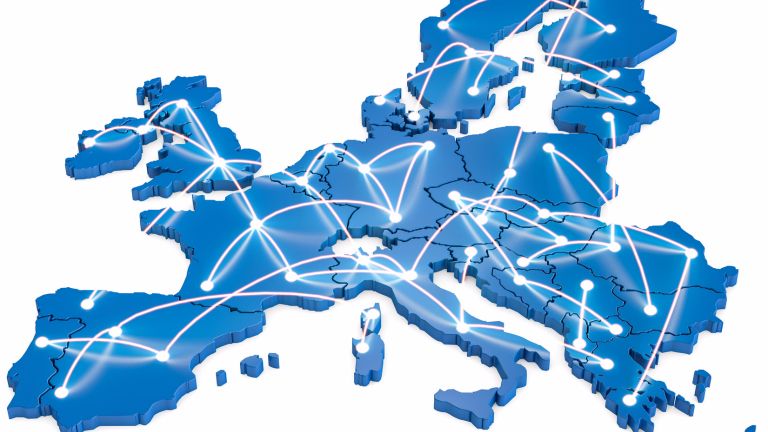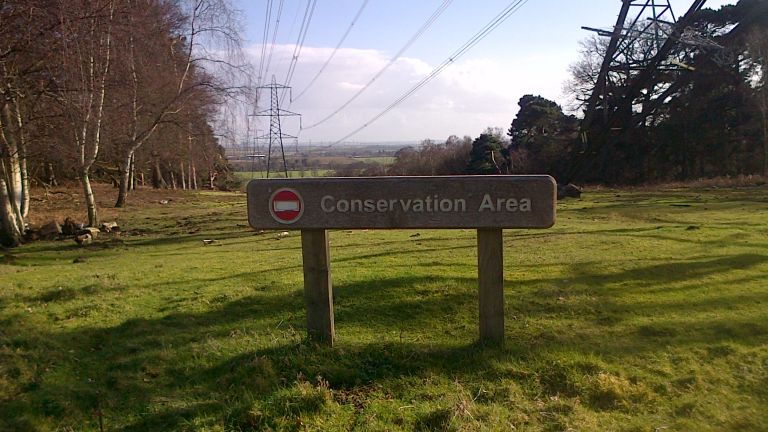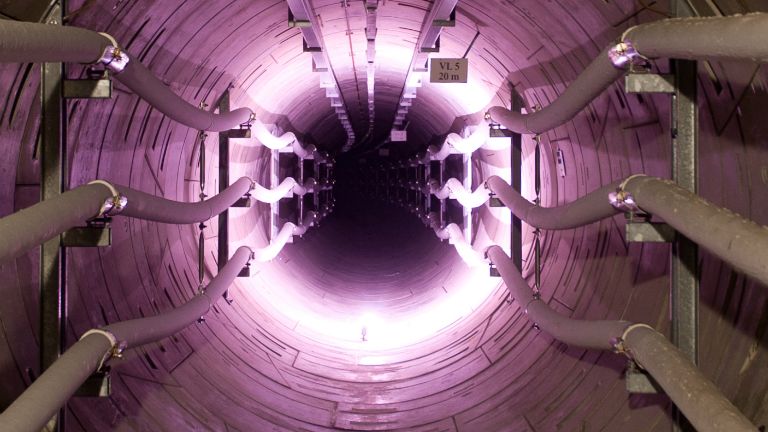
Topical factsheets
All of our factsheets are dedicated to a specific subject, which either has to do with the structure and activities of the Renewables Grid Initiative or a topic that RGI is working on. The sheets are intended to serve as short topical overviews and thus do not go into the details of a subject. However, they always provide the interested reader with links to more in-depth information.
















